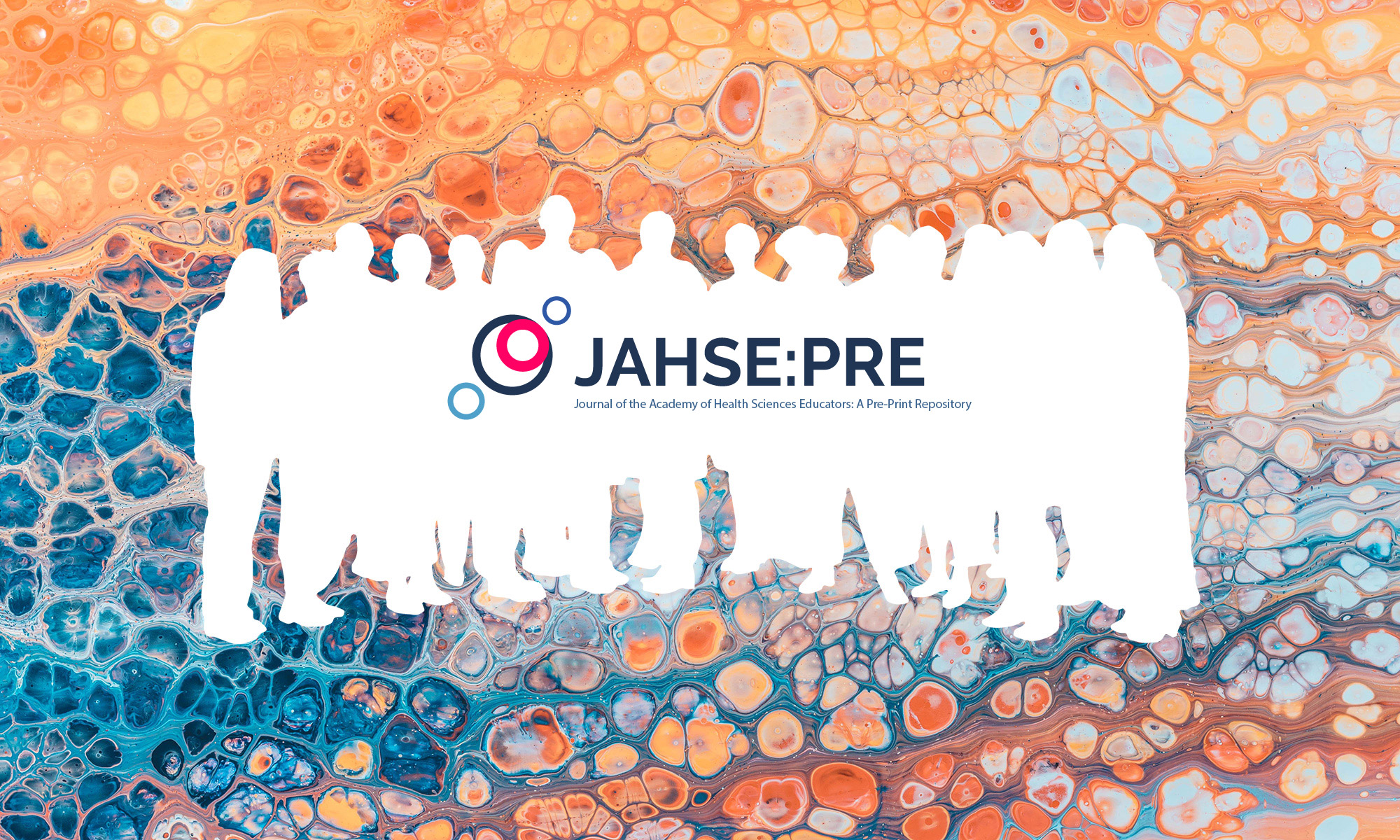 Loading…
Loading…
Title: Community Health Workers (CHWS) Partnering with Medical Students to Promote Experiential Service Learning in a Student Led Clinic
Authors: Wesley Allen, Karishma Shah, Jazmine Abril, Sonia Sehgal, Silvia Soule, Sonja Raaum MD, Kamaile Tripp, Princess Bombyck CHW, Kristine Snyder, Rawad Farhat MD, MSPH
Date: 1/27/2025
Abstract: Community Health Workers (CHWs) are public health professionals who share life experiences with the communities they serve and specialize in addressing the specific Social Determinants of Health (SDOH) for their populations. Despite their vital contributions, their role remains underrecognized and underutilized within the University of Utah Health System. While SDOH curricula are common in medical education, effective teaching methods remain unclear. Experiential service learning has proven to be an effective strategy in helping students understand the profound impact of SDOH on patients’ lives. Partnering CHWs with medical students in a clinical environment has the potential to enhance education on SDOH. To increase awareness of CHWs’ roles, two MD/PhD students created an online awareness video, sponsored by Utah AHEC. Sixty-two first-year medical students (MS1s) were assigned to work one half-day per week in a student-led clinic (SLC), where a full-time CHW, employed using HRSA funds, was present. Students paired with CHWs conducted SDOH screenings to identify patients’ social, medical, and physical needs and collaborated to address gaps using health system and community resources. To evaluate the effectiveness of students’ experiential learning with the CHW, surveys were distributed to all 62 students, and a focus group with 12 MS1s was conducted to identify qualitative themes. Results showed that 98% of students reported that CHWs enhanced their ability to advocate for patients, recognize available resources, and understand SDOH. Additionally, 60% noted a “significantly value-added” impact of the CHW in each category. Focus group findings aligned with survey results, highlighting improved understanding of SDOH, community resources, and stronger connections to patients and the community when working alongside CHWs. Incorporating CHWs into SLCs effectively educates medical students about SDOH through experiential learning. Students reported a significant positive impact on their knowledge and skills, suggesting that this model enhances both education and patient care. Future research will focus on evaluating patient outcomes to further assess the program’s effectiveness.
Copyright: Academy of Health Sciences Educators ©2025
Return to Table of Contents: 3rd Annual Student-Led Clinic Symposium
Community Health Workers (CHWS) Partnering with Medical Students to Promote Experiential Service Learning in a Student Led Clinic by Wesley Allen, Karishma Shah, MD, PhD, Jazmine Abril, Sonia Sehgal, Silvia Soule, Sonja Raaum, MD, FACP, Kamaile Tripp-Harris, CHW, Princess Bombyck, CHW, Kristine Snyder, MPH & Rawad Farhat, MD, MSPH